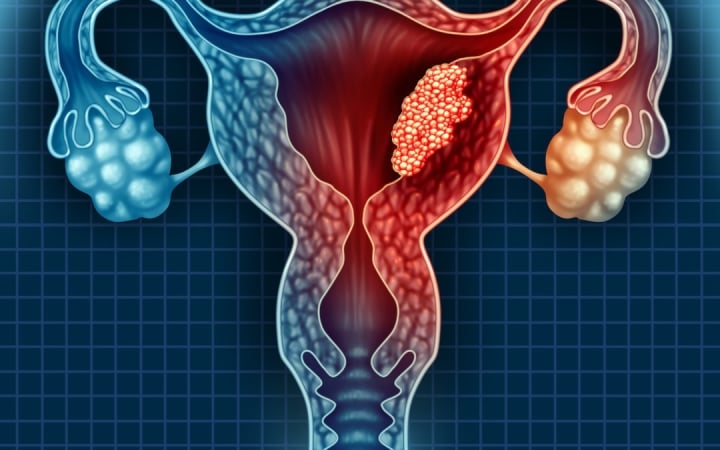Red-Light Relations
The true story of Xiao Li, a 33-year-old woman, serves as a cautionary tale. Married for five years, she enjoyed a happy sexual relationship with her husband. However, two months ago, she started experiencing persistent abdominal pain and unusual vaginal bleeding. Xiao Li delayed seeking medical attention, thinking it was due to a common disorder, and the frequent intimacy with her husband made her hesitant to stop.
Eventually, the pain became unbearable, and she had to be hospitalized. Upon waking, the first words from her doctor were an urgent recommendation to go to a central hospital for cancer screening.
After a series of tests, Xiao Li received a devastating diagnosis: cervical cancer in its third stage. What’s more, the investigation revealed that her husband’s sexual habits were a significant contributing factor to her illness.
It turned out that her husband had a high libido and would insist on intercourse even during her menstrual periods. Xiao Li, wanting to please her husband, never refused, and over ten years, intimate relations during her period became the norm.
However, as her doctor explained, this practice is extremely dangerous to a woman’s health. The endometrium is very sensitive during menstruation and easily damaged. Intercourse, especially vigorous, can cause tears, bleeding, and inflammation of the cervix. If this occurs repeatedly and left untreated, it can lead to cervical cancer over time.
Additionally, the cervix is more open during menstruation, and the vaginal environment is moist, creating favorable conditions for bacteria and viruses to enter. Common infections include fungal infections and HPV, a high-risk factor for cervical and other uterine cancers.
In conclusion, intimate relations during menstruation are harmful, and couples who practice this should stop immediately to prevent long-term health consequences.

Smoking
Many husbands have a smoking habit, some even heavily. Even when their wives are around, they don’t refrain from lighting up, causing their spouses to inhale secondhand smoke, which is equally harmful.
Women who smoke are twice as likely to develop cervical cancer as non-smokers. Components of tobacco smoke have been found in the cervical mucus of smoking women, damaging the DNA of cervical cells and potentially leading to cancer. Smoking also weakens the immune system’s ability to fight off HPV infections.
Not Using Condoms
Some people find condoms uncomfortable and choose not to use them, but this is a dangerous practice. If a man is carrying the HPV virus, he can easily transmit it to his partner. Condoms are not just a contraceptive method but also a vital defense against sexually transmitted infections.
Warning Signs of Cervical Cancer
– Abnormal vaginal bleeding: This can include post-coital bleeding, bleeding after menopause, intermenstrual spotting, prolonged or heavy periods, or bleeding after douching.
– Unusual vaginal discharge: It may contain blood and occur between periods or after menopause.
– Yellowish, malodorous vaginal discharge, or discharge with blood streaks.
– Lower abdominal pain, frequent urination, and discomfort during urination.
– Pain during intercourse.
– Pelvic pain.
As the disease progresses, additional symptoms may include:
– Swollen legs.
– Urinary and bowel problems, including blood in urine or stool if the cancer invades the bladder or rectum.
– Unexplained fatigue and weight loss
































